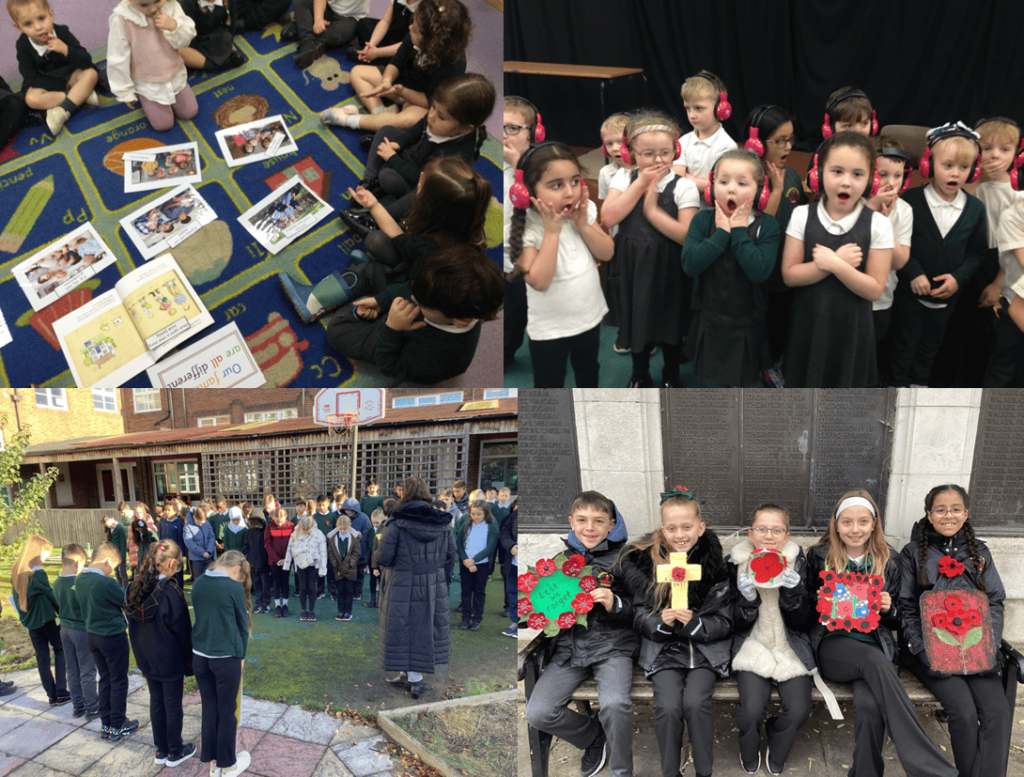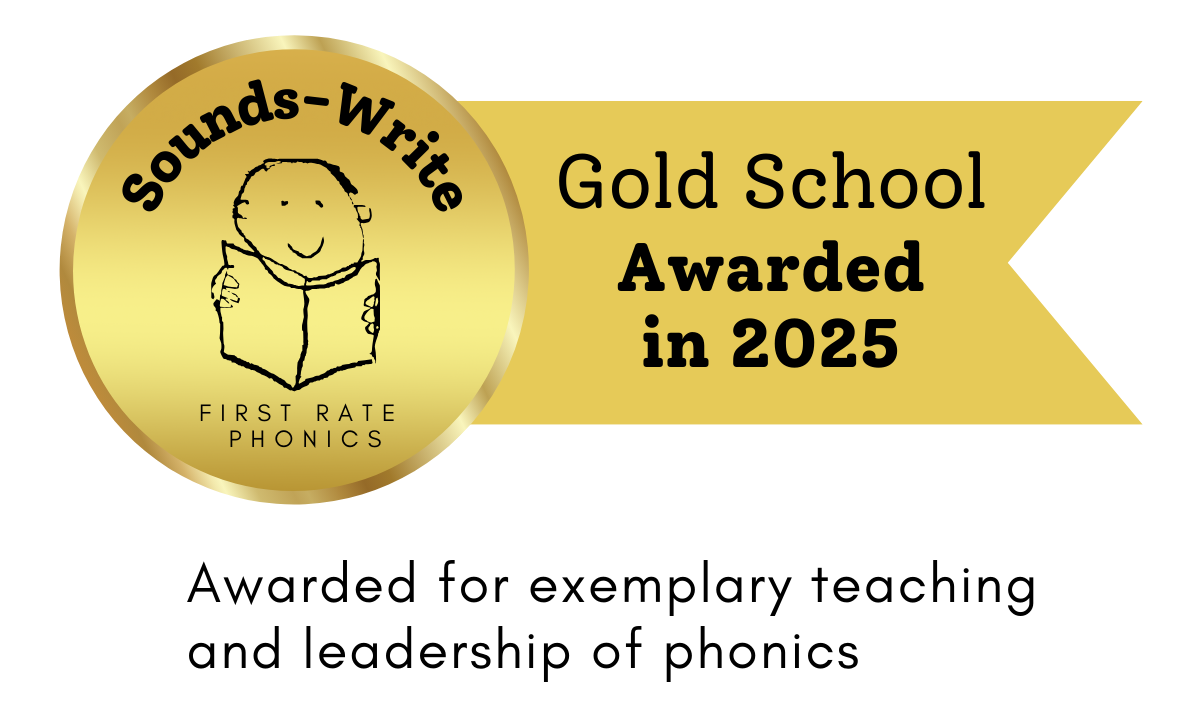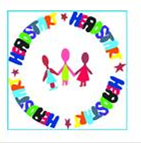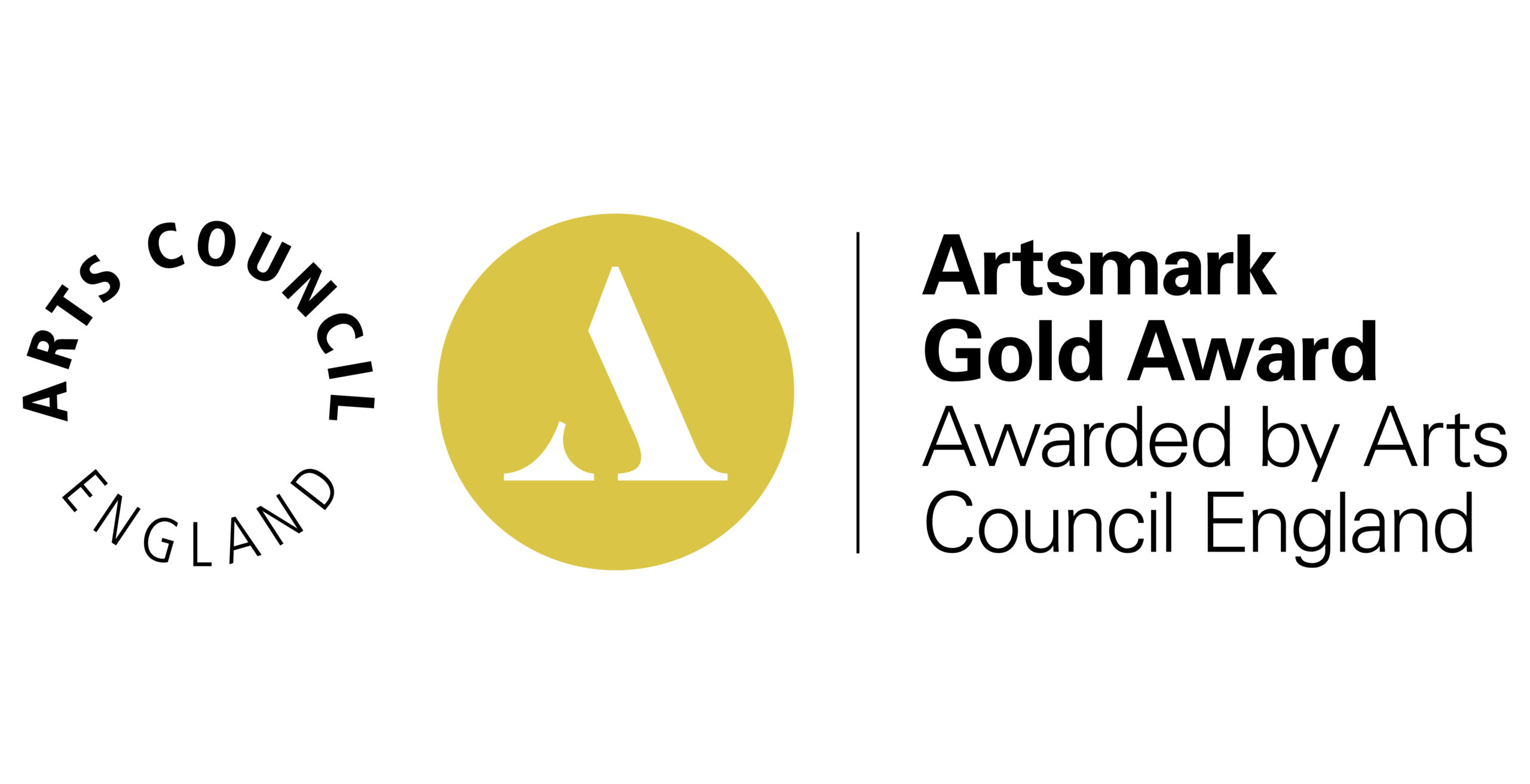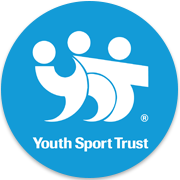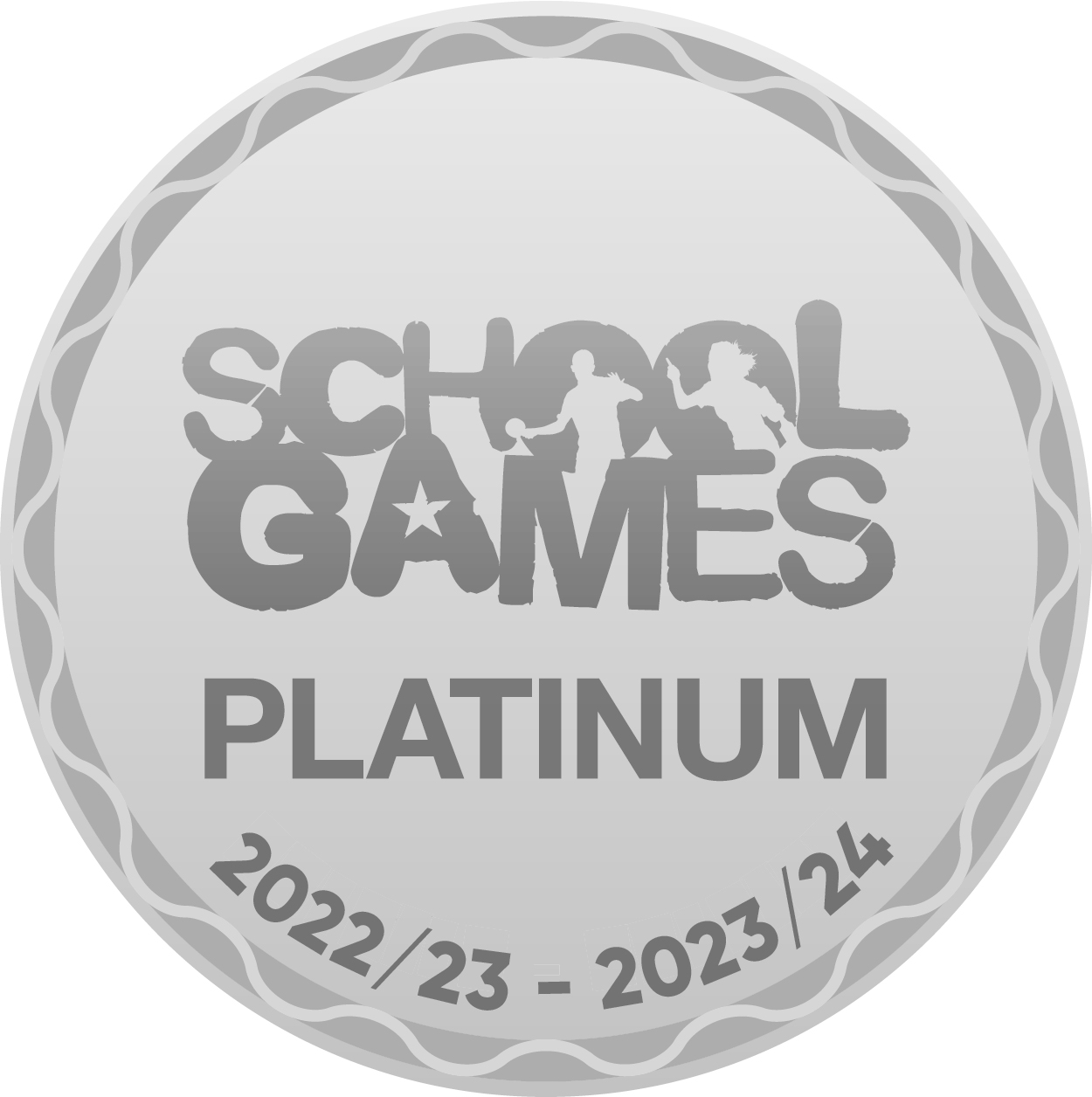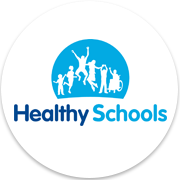History
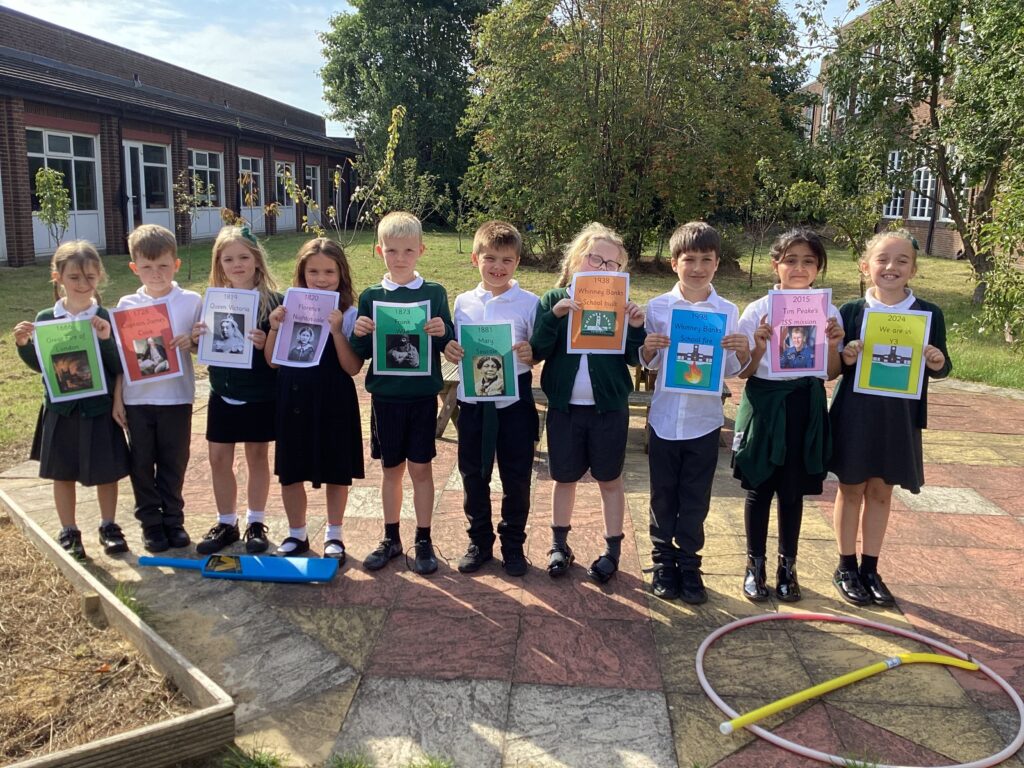
Our aim is to provide an engaging curriculum that blends both substantive knowledge and disciplinary skill to ensure that the children of our school are equipped with the tools that they need to place their historical learning into both broad and specific contexts.
Learning is built on in the long-term by revisiting previous units of study so as to make meaningful connections and to place both old and new learning into context. By taking this approach, children will learn to appreciate the complexities of different people, places and events in history, identifying their place within it and the challenges that they faced. To ensure that a broad, balanced and rich curriculum is provided, core-knowledge has been identified for KS1 and KS2 that gives the children the substantive knowledge that they need to know to make connections across different aspects of history and with different types of people.
In KS1, themes such as locality, transport and impact help children understand how history in their own area has had consequences on a larger scale, whereas KS2 themes of achievement, society, beliefs, housing, entertainment and food help give children a broad understanding of the cultures of different people from the past which can be compared and contrasted. By securing a marriage between the substantive content and the disciplinary skills, the children can secure new information quickly as an abundance of knowledge is taught and continuously revisited, enabling the application of disciplinary skills and concepts to deepen their understanding and work as historians through the use of historical enquiries.
To appreciate the complexities of the past, a focus on ‘experience’ is made throughout school to provide children with the opportunities to experience the past for themselves. By giving them these opportunities, they will understand the human nature of history through the decisions that have been made and the consequences that are faced and lived-with from those decisions. The school’s overall aim is for our children to leave with a desire to learn more about the past and foster a lifelong passion for history that helps them contextualise the world that they live in now from the world that has come before them.
EYFS
In The Foundation Stage, History comes under the wider title of Understanding of the World, but under the 2021 framework, this is now specifically under the ELG: Past and Present. Historical aspects of learning in this area of the curriculum include:
Children talking about past and present events in their own lives and in the lives of family members. Children discussing what other children do and don’t enjoy and being sensitive towards this. Children describing differences and similarities between themselves, and others, and among families, traditions and communities. Children learning about why certain events have taken place when appropriate.
In addition, children will experience history through appropriately planned topics and themes. When planning topics, the Nursery and Reception teachers will actively collaborate to plan and provide practical structured activities, including a range of structured and spontaneous play, in line with The Early Learning Goals. Children will be introduced and encouraged to use historical language using words in context with growing understanding. They will be introduced to stories, events and objects to further gain a sense of chronology. Stories are highly recommended as well as poems, songs, practical objects and artefacts, which will form the basis of resources used by the children. The use of stories will be of particular importance in engaging younger children with historical concepts out of context, ready for them to use this knowledge to apply to specific contexts in KS1 where they begin their formal history education. Where possible, first-hand accounts by visitors will be used to develop historical questions and discussion points. As children progress, they will be encouraged and supported to think of and begin to answer their own questions. Children will record their work in a variety of ways, appropriate to the age and stage of their development. Drawings, paintings, tables of results, photographs, floor books and classroom displays, are all recommended and should all be used.
KS1
In KS1, History is about the lives and lifestyles of familiar people in the recent past and about famous people and events in the more distant past, including those from British history, using common words and phrases relating to the passing of time. Children should start to show some awareness of a chronological framework by identifying events that happened recently and those of long ago. Children will:
• Learn about changes within living memory, identifying how these changes have happened recently and may continue to change today
• Learn about and compare people of the past in the local and wider area area who have had local, national and international impacts
• Learn about events that have happened beyond living memory, why we continue to learn about them and what impact they have had on today
• Begin to place different historical people, places and events into a mental timeline and understand that these have existed in the near and distant past
• Look for similarities and differences between life today and in the past
• Begin to develop a variety of historical vocabulary relating to substantive and disciplinary knowledge
• Talk and write about what happened in key events and why people acted as they did
• Find out about the past using different sources of information and representations.
KS2
In KS2, history is about developing a sense of identity through an increasing understanding of chronology and historical enquiry through both overview and in-depth studies of local, national and international topics. As the KS2 curriculum is essentially larger in scale, children will learn about the cultural values of people from the past to help understand their identities, the choices they made and the lives that they lived. Children will also start to construct informed responses to significant historical questions through the organisation of relevant information. Children will also start to ask their own historically valid questions about change, cause and significance. Children will:
• Compare and contrast different periods of history and civilisations through a number of themes that run throughout KS2
• Identify the impacts of people from the past on the world today and justify their legacies
• Engage explicitly with disciplinary skills and concepts to delve deeper into their expanding substantive knowledge, focusing on continuity and change, cause and effect, significance and interpretation and sources of evidence
• Contextualise the lives of people in British and world history relating to their cultures and experiences
• Identify different people and periods of history and their ‘place’ within time, noting connections and contrasts through substantive concepts such as trade, empire and war
• Carry out historical enquiries using a variety of sources of information and look at how and why the past is interpreted in different ways
• Use historical language and draw maps, diagrams and illustrations to communicate historical information
• Read historical fiction and non-fiction and extract information from sources such as reference books, websites and videos
• Learn about the experiences of people in the past, and why they acted as they did
• Develop respect for and tolerance of other people and cultures
• Learn how people in the past changed the society in which they lived
• Develop respect for evidence and the ability to be critical of the evidence
• Develop an understanding of differing interpretations of the past and the complex nature of interpreting sources of evidence from the past
A teacher topics document has been created so that themes, concepts and progression are maintained. This is shared with each team so that staff are aware of the rationales behind each topic, the choices that have been made, prior learning, future learning and what is expected of the children at each stage.
